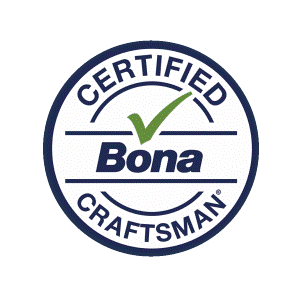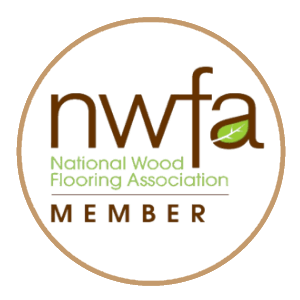Should You Choose Solid or Engineered Hardwood Flooring?
Hardwood floors tend to add a significant amount of value to your home. Determining whether solid or engineered hardwood flooring suits your needs isn’t always easy, though. Breaking down the pros and cons of each wood can help you decide which of these hardwoods you want to introduce to your home, so we’re here to do that for you.
All About Solid Hardwood
Solid hardwood has its pros and cons when it comes to outfitting your home with a new floor.
Advantages
Solid hardwood has raised the value of family homes for years now. The material is well-loved for its appearance and stability. What’s more, solid hardwood tends to have a remarkable lifespan. When treated appropriately, this hardwood can last up to 100 years.
Solid hardwood is also relatively easy to care for, especially if you have a growing family or messy pets. You can use brooms to clean away simple spills. Rags come in handy when cleaning up water and other liquids, too. You can even preemptively stain your wood to make it more resistant to liquid spills.
Disadvantages
Solid hardwood does come with a few downsides, of course. This material tends to respond poorly to the presence of moisture in your home. Extensive exposure can cause it to warp, at which point it may compromise the structural integrity of other essential supports. Even exposure to hot concrete, should you have concrete supports beneath your home, may preemptively damage this sensitive wood.
Solid hardwood also tends to be a little shorter than engineered hardwood. If you’re looking to save money on an installation, then there’s a chance that solid hardwood may run up your budget.
The Rise of Engineered Hardwood Flooring
Engineered hardwood flooring may be newer to the flooring scene than its solid counterpart, but that doesn’t mean that it hasn’t made an impact.
Advantages
Engineered hardwood tends to be more water-resistant than solid hardwood flooring. This flooring not only holds up against moisture and spills, but it experiences less warpage or discoloration as a result of heat or other features of your indoor environment. For example, you can easily place this material on top of concrete without seeing a change in color or material deterioration.
Engineered hardwood floors are also relatively easy to install. Whether you’re working on your own or with a professional, you can nail down, float, or even flue your engineered hardwood into place. All the while, your engineered hardwood will remain stable.
Disadvantages
Engineered hardwood flooring tends to last for up to 40 years in the average home. While that’s a notably shorter lifespan than that boasted by solid hardwood flooring, it still means that your floors should last through your lifetime.
Engineered hardwood planks also tend to be larger than solid wood planks. While that’s not always a bad thing (especially not in terms of cost), you may have to make modifications to your purchase if you need to fill in a smaller space. Be aware of your specific needs while shopping for your wood of choice if you want to avoid undue alterations.
Solid vs. Engineered Hardwood Flooring: Which Hardwood Best Suits Your Home?
When you’re shopping for hardwood flooring, consider the needs of your home. If you want your floors to outlast your family, solid hardwood flooring is the way to go. A home that needs water-resistant floors that require little to no maintenance may benefit from engineered hardwood flooring.
You can sit down and discuss your home’s needs with a professional contractor in your area. The team with Elite Hardwood Flooring can walk you through the installation process for both types of wood and help you understand how each might benefit your lot.
Find Planks of Your Preferred Hardwood ASAP
If you’re looking for engineered hardwood flooring, solid hardwood flooring, or any type in between, let Elite Hardwood Flooring give you a hand. Our team services homeowners and businesses alike, offering expert installation and refinishing services to clients throughout the Mid-Atlantic region. Call today to learn more about our catalog or to request a service quote.


